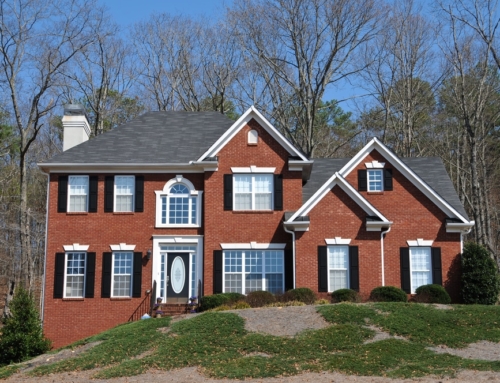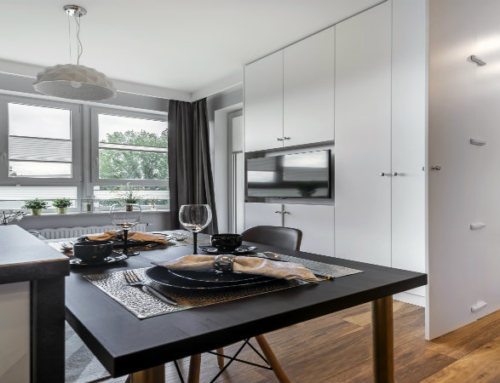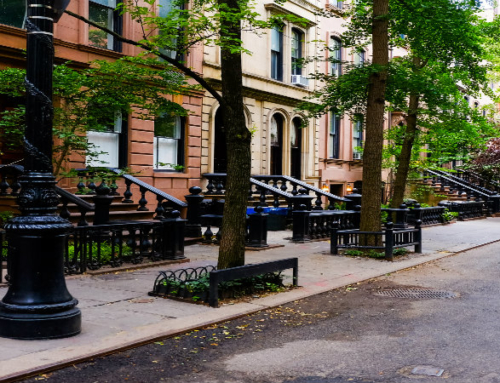I was interviewed on NPR this morning www.npr.org/templates/story/story.php?storyId=6123037 about what to do if you have an interest-only loan and want to sell in a deteriorating real estate market.
I got this response from one NPR listener:
I listened to your interview on NPR this morning. And I do understand the real estate market is disintegrating beneath us – but it will come back some day.
We bought our home two years ago using an interest only mortgage. After we made significant payments on the mortgage after some asset sales we were able to reduce the mortgage to a level that makes the interest only payment the same as our former rent payment. Our income varies from month to month; season to season. The interest only mortgage allows us to better manage our cash flow, and maintain our standard of living. This year we will make extra payment that will allow us to reduce mortgage balance by $8,000. We make the original interest only mortgage payment which reduces the balance a little each month, plus the extra payments we make when the household income allows. Not everybody uses flexible mortgage products irresponsibly just to be able to keep up with the Jones. Why is it every commentator talks as if we are all stupid, drunken sailors?
Here’s how I responded: You obviously know what you’re doing and for you and those like you, interest-only loans have always been a good idea. There are even a few folks out there who would benefit from a pay-option adjustable rate mortgage (ARM) — but negative amortization loans are quite tricky.
I have always said that some people benefit from creative financing. But there are so many thousands of people who have been using interest-only, 100 percent financing or zero down pay-option ARMs who NEVER put any extra cash toward the principal balance of these mortgages.
That’s what scares most commentators. If you listen to my radio show (/www.thinkglink.com) you’d soon see why we’re worried.
It’s fine if you can make the payments and put something extra toward the mortgage balance. However, if you suddenly have to sell, and prices are lower than where you started and you can’t sell and you don’t have any equity in the home or owe more than you started with, it’s big trouble.
Sept. 22, 2006






Leave A Comment